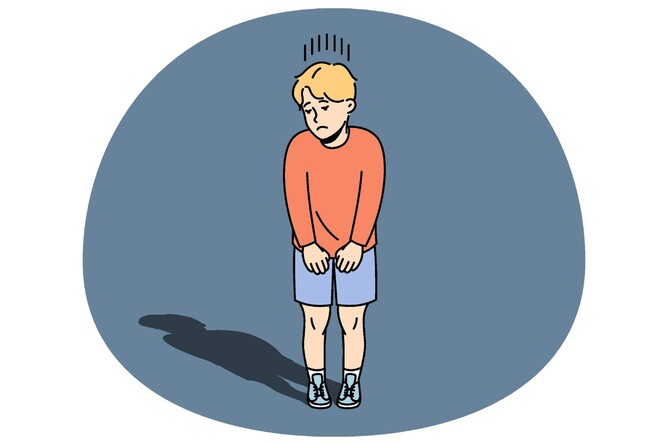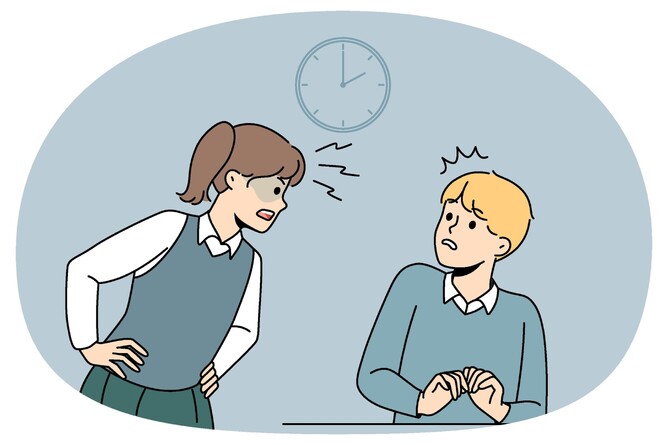Bullying is a complex issue, and it's crucial to approach it with empathy and understanding, even when discussing the motivations behind why some children and teenagers engage in bullying behaviour. While there is no justification for bullying, it's essential to recognise that bullies may be struggling with their own challenges and emotions. Here are some reasons why some individuals might resort to bullying:
Lack of Coping Skills:
Some bullies may not have developed healthy ways to cope with their emotions, such as anger, frustration, or insecurity. Bullying can become an outlet for these pent-up feelings.
Seeking Connection or Acceptance:
In some cases, individuals may believe that bullying will make them appear more powerful or popular among their peers. They might think that by putting others down, they will gain the acceptance they desire.
Mimicking Behaviours:
Some children and teenagers may have observed bullying behaviours from adults or older peers and have internalised these actions as acceptable ways to interact with others.
Lack of Empathy:
Bullies may struggle to empathise with others' feelings, making it difficult for them to understand the pain they are causing.
Victims of Bullying Themselves:
Surprisingly, some bullies may have been victims of bullying in the past. They may perpetuate the cycle, believing that targeting others will help them regain a sense of control.
How Reporting Can Help Both Victims and Bullies:
Reporting instances of bullying can be a crucial step in breaking the cycle of hurtful behaviour, not only for the victim but also for the bully. When we report bullying, we initiate a process that can lead to intervention, counselling, and support for all parties involved.
For the victim, reporting is a lifeline, a way to seek help and protection from further harm. It can lead to the necessary support systems being put in place, such as counselling, to help the victim heal emotionally.
For the bully, reporting can also serve as a lifeline in a different way. It offers an opportunity for adults, educators, or counsellors to identify the underlying issues that may be driving their hurtful behaviour. Bullying is often a cry for help, even if it doesn't appear that way on the surface. By addressing the root causes of their actions, bullies can receive the support and guidance they need to change their behaviour and learn healthier ways to cope with their emotions.
In essence, reporting bullying is a step toward understanding and healing for everyone involved. It allows us to address the pain and challenges that both victims and bullies may be facing and, ultimately, fosters a more compassionate and empathetic community where everyone has the opportunity to grow and thrive.


